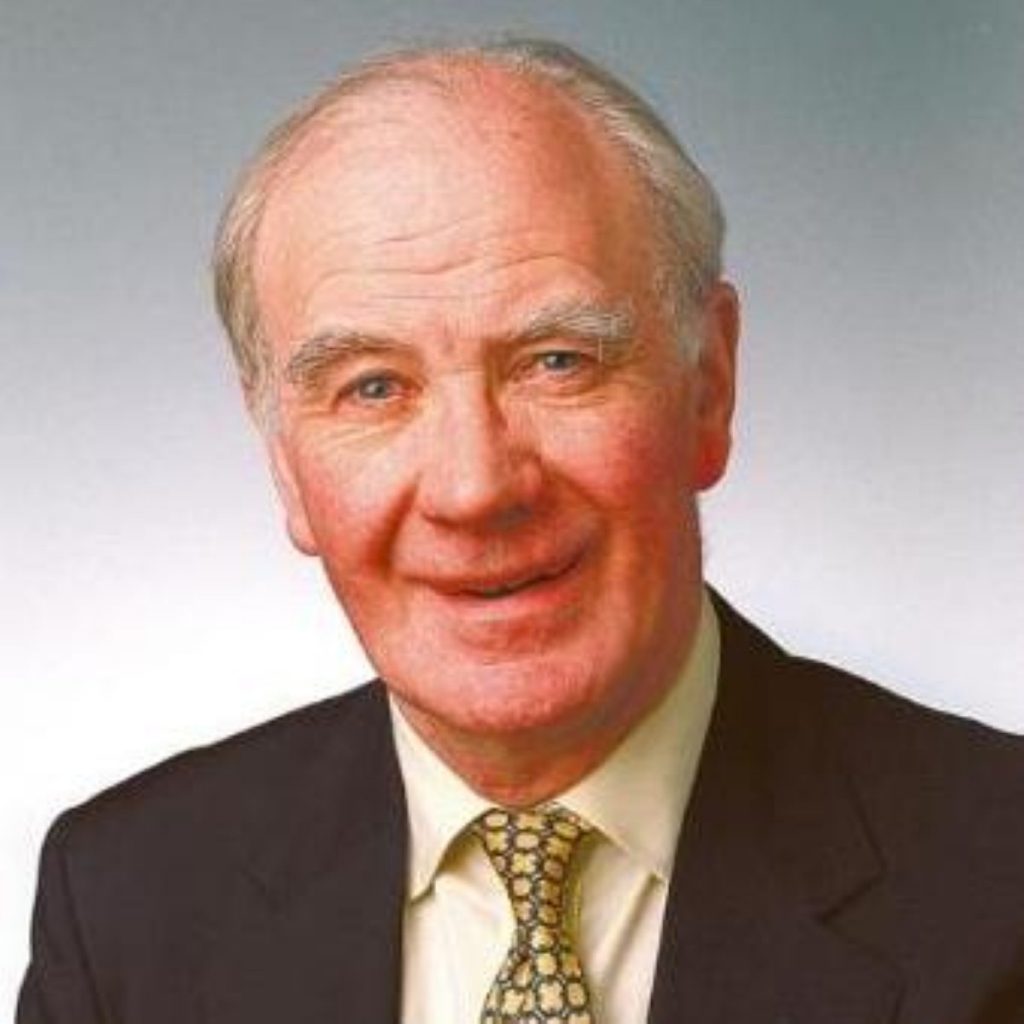Campbell dismisses prospect of ‘high noon”‘conference
Menzies Campbell has played down the threat of a potential “high noon” confrontation with activists over tax policies at the Liberal Democrat conference this week.
The party leader told reporter Andrew Marr in a BBC interview that “you’ve seen Gary Cooper in high noon too often”.
“You want to have crises. You want to have a ‘high noon’ at every party conference. and no doubt you’ll be saying something similar in a week’s time,” Sir Menzies said.
But he acknowledged a rift had opened up between party members who preferred the 50 pence top rate favoured by Charles Kennedy supporters and his more widely-based measures focusing on the environment.


Defending his taxation policy, Sir Menzies said: “We’ve got a package which is much more redistributive than the 50 pence could ever have been. We think that middle income and lower income families have been unfairly taxed.”
The party’s budgeting, which has come in for criticism in the past, would be properly accounted for “by adopting a much more redistributive programme using taxes on the environment to raise revenue, and asking people who’ve done very well in the UK. to pay rather more than they’ve done so far”, he said.
The party conference, which allows activists to decide policy, is set to vote on tax policy on Thursday.
“I should be disappointed [by defeat] because I have made it clear on an issue of this kind. it’s absolutely essential that the leader of the party says where he stands,” Sir Menzies said.
He continued his criticism of Gordon Brown, who he yesterday attacked for having social policies that would be indistinguishable from those of Tony Blair.
“He’s a man of enormous moral stature. [and] of enormous intellect,” Sir Menzies said of the chancellor.
“But I think he’s much too centralist, much too authoritarian, I don’t think he understands that much more should be allowed to people to make decisions that affect their daily lives.”
Dismissing David Cameron’s rebranding of the Conservative party as “inoffensive conservatism”, he preferred to deliver his plaudits to former leader Charles Kennedy, who quit in January 2006 after admitting his alcoholism.
Describing him as “a man of enormous talent and enormous ability”, Sir Menzies admitted it had been difficult knowing when to step in and say that his health problems were affecting the party’s progress.
“It was an occasion on which one had to balance a number of competing obligations – loyalty, friendship, an anxiety for him, a concern for the party,” he said.
“The point had come at the beginning of this year when it was in the interests of both him and the party to step down.”
He concluded by laying out his personal agenda for the Liberal Democrats, saying: “I want to lead this party toward government.
“I want the party to understand that we have within us the capacity to influence events in the UK in a way that has never previously been the case. This conference provides an opportunity to demonstrate that even to the most sceptical of political commentators.”

